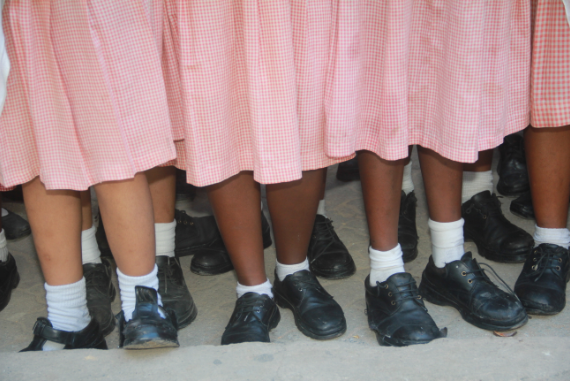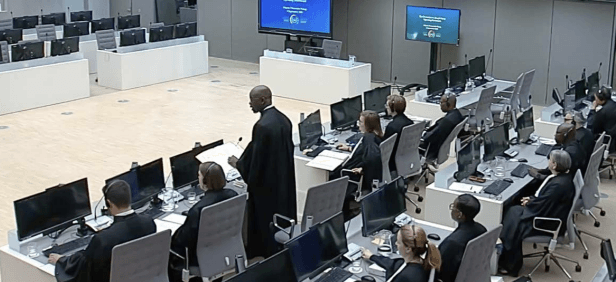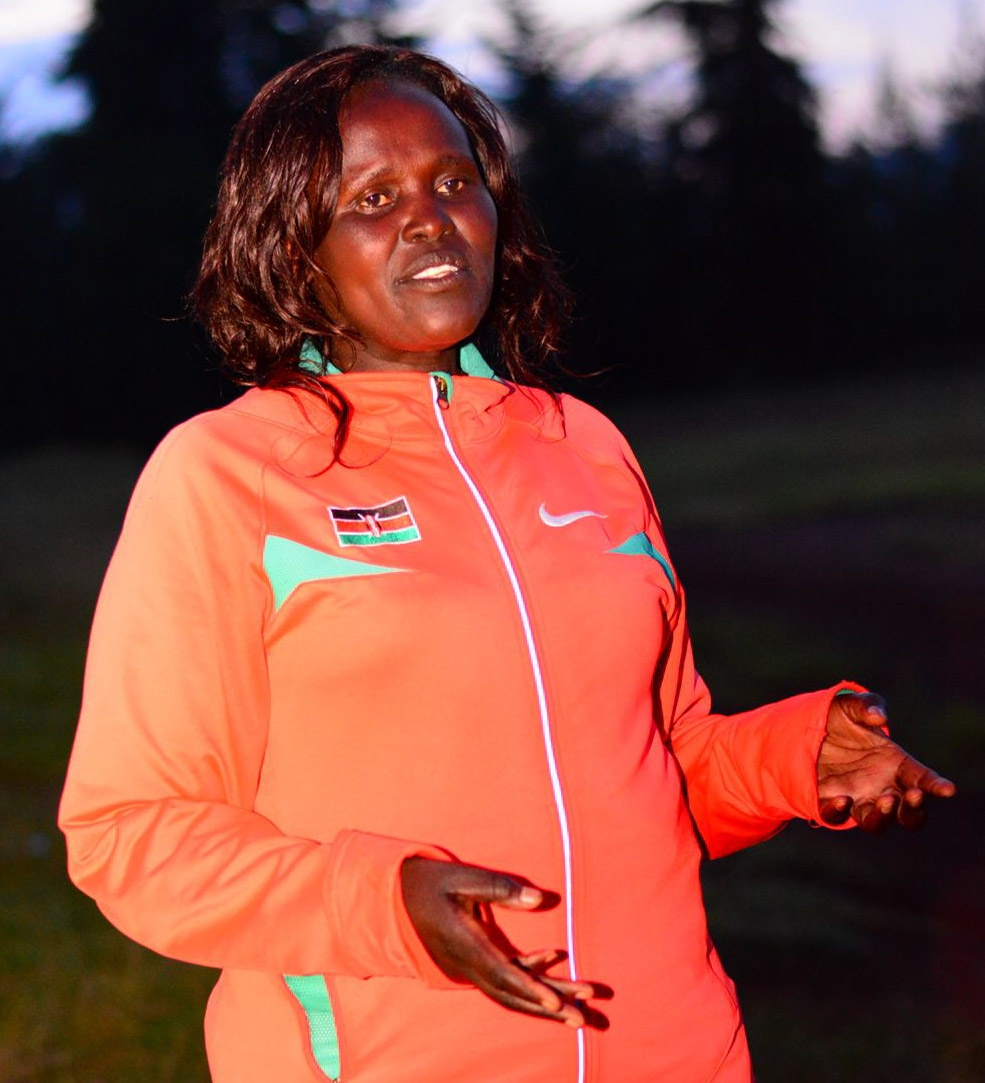
ARTICLE BY CLAIRE LUNG'AHI
The Kenya Demographic and Health Survey 2022 indicates that while Kenya has made progress in reducing the national prevalence of teenage pregnancy, significant challenges remain.
Teen pregnancy and HIV infections continue to have severe consequences on the health and future opportunities of adolescents, particularly girls.
One in six adolescent girls aged 15 to 19 has ever been pregnant.
On October 11, the International Day of the Girl Child shines a spotlight on the unique challenges and opportunities that girls face around the world.
This year’s theme encourages us to reflect on the aspirations of young girls and the barriers they encounter in achieving their dreams.
In Kenya, one pressing issue is teenage pregnancy and its impact on girls' education, underscoring the urgent need for full implementation of policies and initiatives that prioritise girls' rights and educational opportunities.
Statistics reveal that less than 20 per cent of girls aged 15-19 in Kenya complete secondary education, and even fewer pursue further education. These figures are linked to teenage pregnancies, which perpetuate ongoing inequalities.
This hampers social and economic growth, as girls are unable to unlock their full potential by pursuing professional careers.
Although Kenya has made strides with its re-entry to school policy, which advocates girls who drop out due to pregnancy to be readmitted, significant challenges remain.
Many girls face discrimination from peers and educators upon their return leading to feelings of isolation, fear and even mental health issues. Schools often lack the resources to provide adequate support for pregnant teens and young mothers, including counselling services and childcare facilities.
Moreover, adolescent mothers frequently struggle to afford school fees, uniforms and other educational necessities.
This financial burden often pushes them towards harmful coping mechanisms, such as early marriage or transactional sex for survival, perpetuating a cycle of poverty, health complications and violence.
This situation hinders global efforts to attain Sustainable Development Goals 1, 3, 4 and 5. Education is a fundamental right and a powerful tool for empowering girls in their diversities.
It enhances economic independence by equipping them with the skills and knowledge needed to compete in job markets, ultimately breaking the cycle of poverty.
The World Bank estimates that every additional year of schooling can increase a woman's earnings by 10-20 per cent, which can also translate into greater political engagement. Therefore we must foster a future where every girl can achieve her dreams.
To support the reentry of young mothers into education in Kenya, it is essential to create an inclusive and supportive environment within schools. This can be accomplished by training teachers to address the needs of returning students, particularly those who may have faced trauma or other challenges during their absence.
Additionally, incorporating mental health services within schools can help students manage anxiety or trauma related to their experiences. Establishing affordable or free childcare facilities within or near schools will enable young mothers to attend classes without the added worry of childcare.
Advocacy for full implementation school reentry policy is crucial to ensuring that educational institutions remain safe and inclusive for teen mothers.
Furthermore, collaborating with community leaders to shift cultural perceptions around girls' education can help dismantle the stigma associated with teenage pregnancy, fostering a more supportive environment for teen mothers seeking to continue their education.
As we celebrate the International Day of the Girl Child, we must listen to the voices of girls and support their visions for the future. By addressing the barriers that hinder their education, particularly those related to teenage pregnancy, we can create a more equitable society where every girl can unlock her full potential in all social, economic and political spheres.
Claire Lung’ahi Gender/ Sexual and Reproductive Health Rights Programme
















